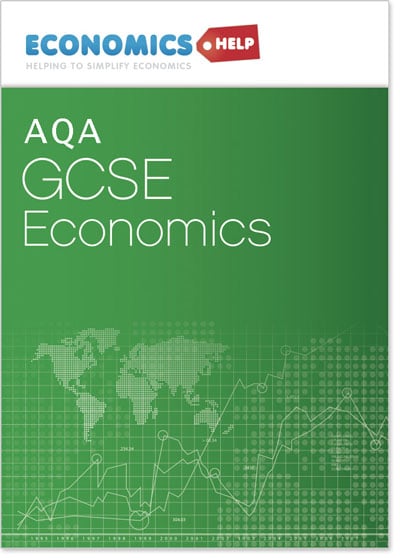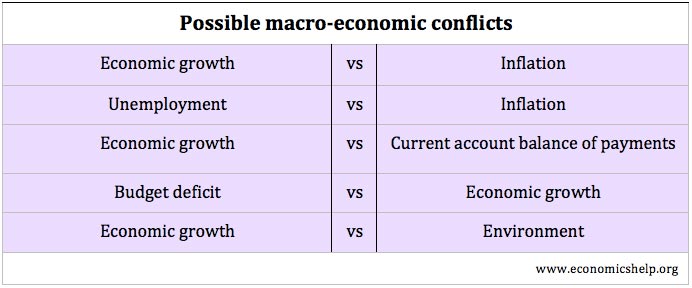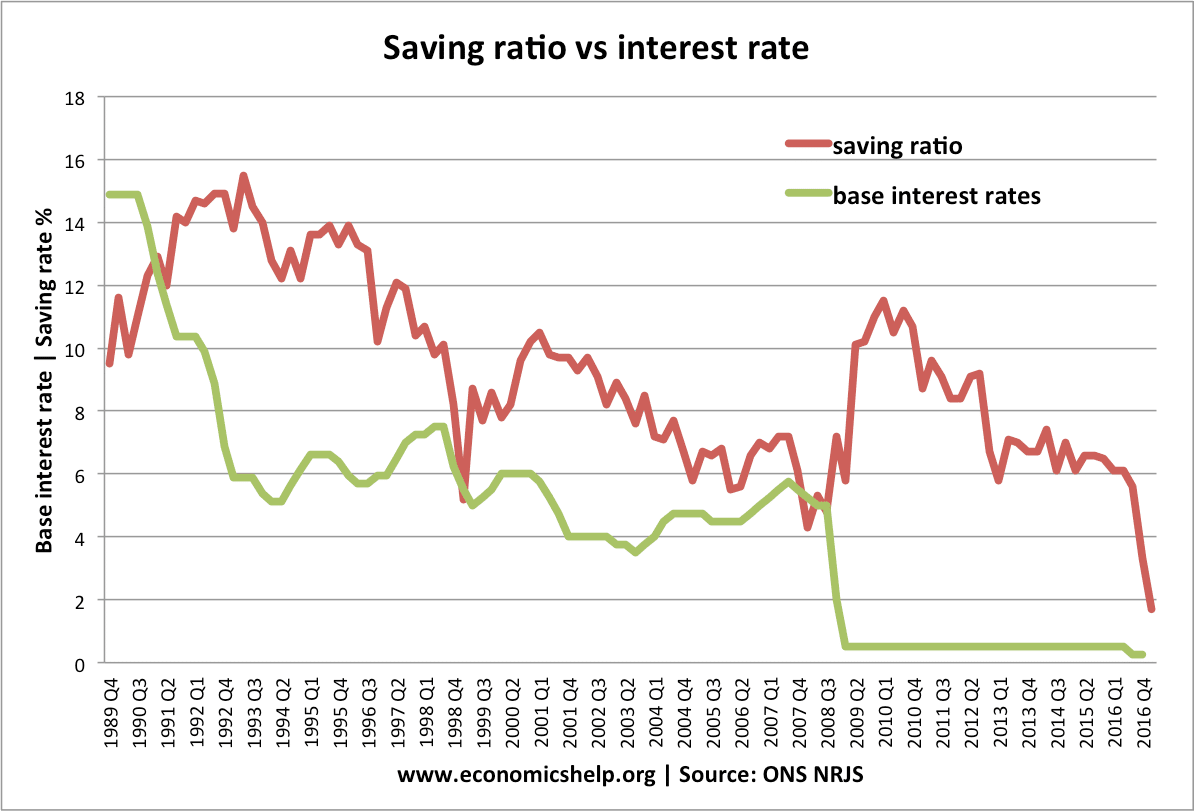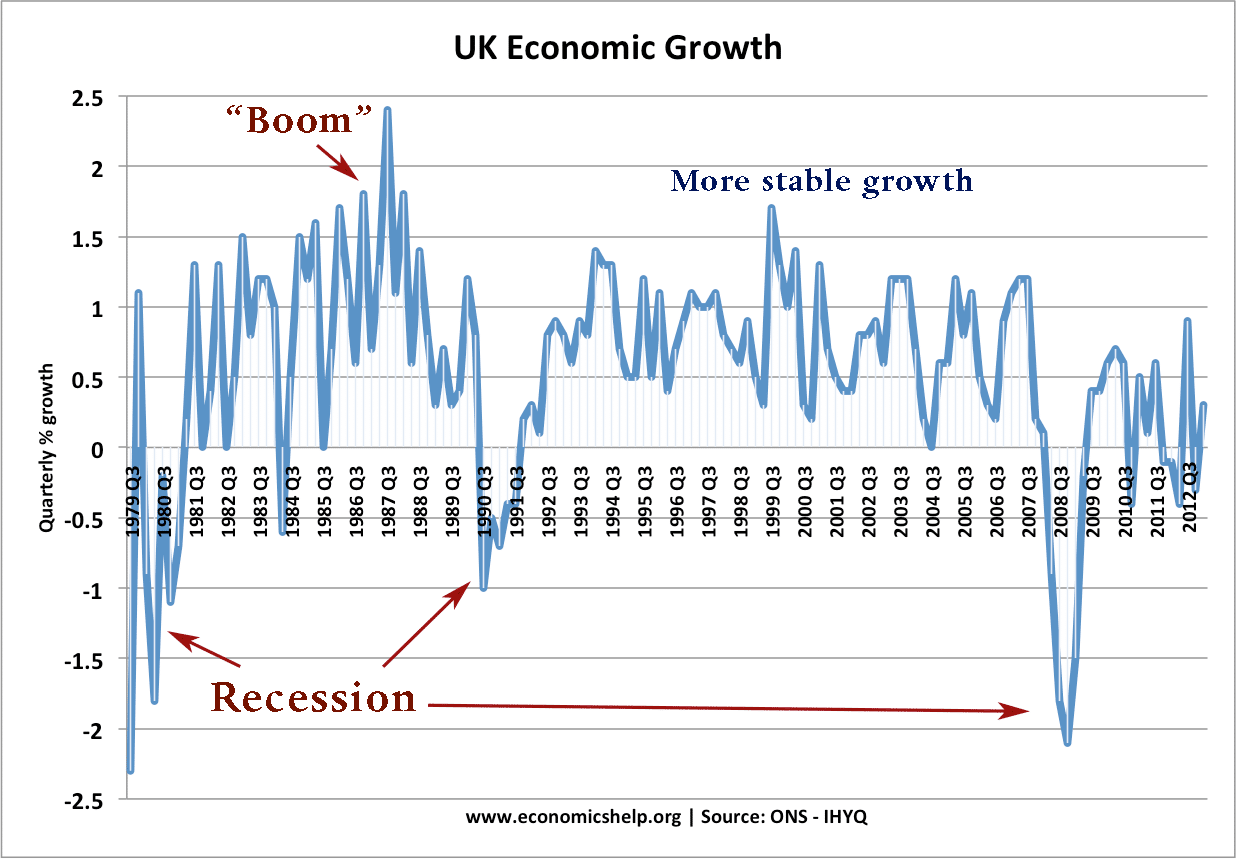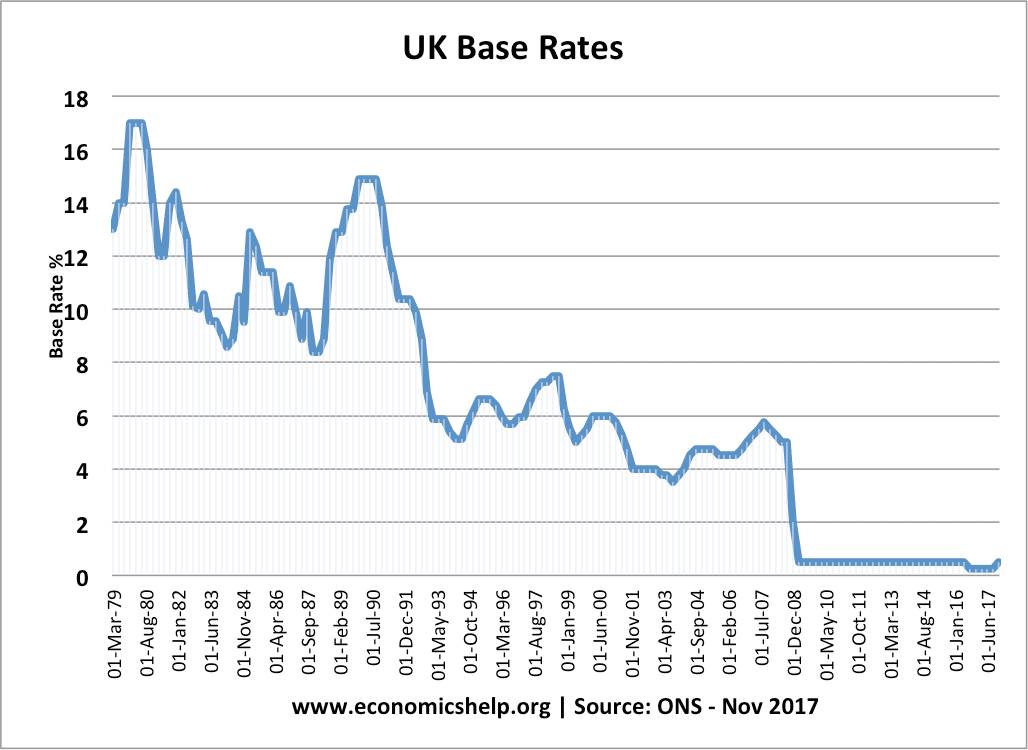OCR GCSE Economics Revision Guide
- E-Book comes as a pdf and is available immediately after purchase
- Comprehensive list of definitions and coverage of syllabus
- Clear and simplified explanations
- Updated Feb 2019.
- Specifically based on OCR GCSE syllabus (exams from 2019)
- Designed to help answer potential exam questions
- 106 pages, 22,000 words, graphs and diagrams
- For Network licence (unlimited distribution within one educational establishment £85.00
- View Sample of OCR GCSE Revision Guide


